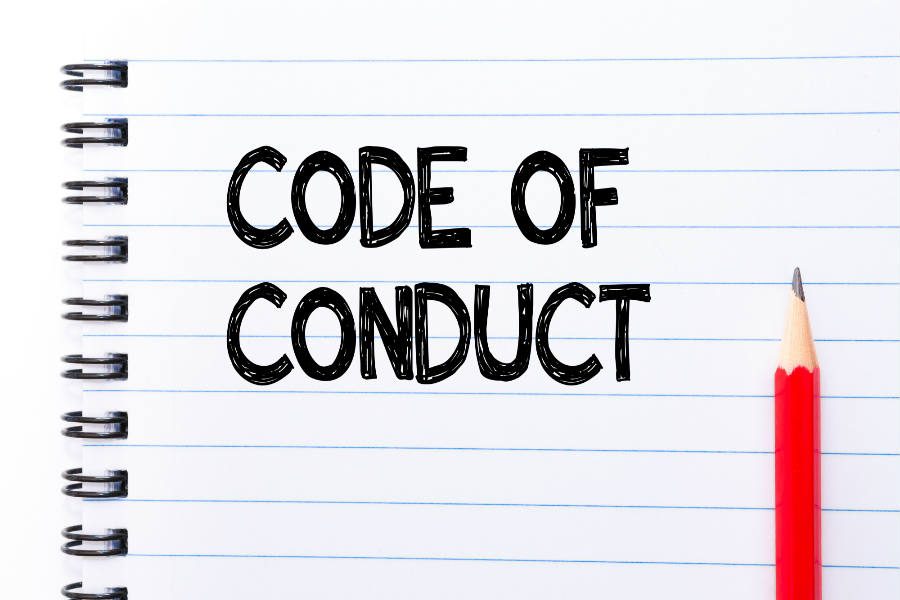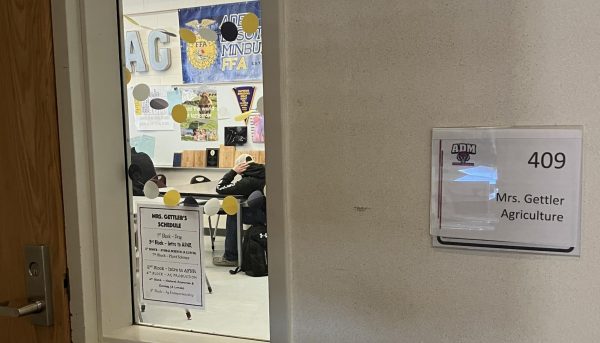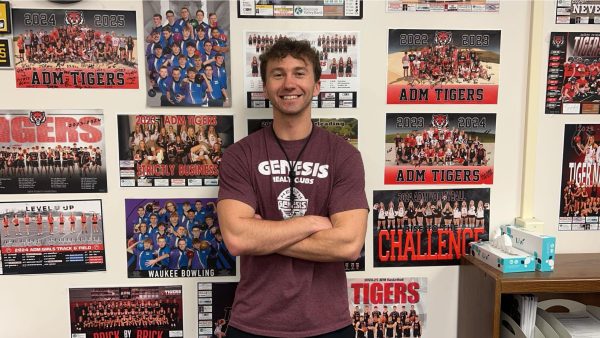Code of Conduct Q&A
Many students have questions or misconceptions regarding Code of Conducts and the rules that accompany them. To address these misconceptions, a list of the most common Code of Conduct questions was created to investigate the answers.
The definition of a Code of Conduct violation from the ADM Student Handbook is “Inappropriate student conduct that causes material and substantial disruption to the school environment, interferes with the rights of others, or presents a threat to the health and safety of students, employees, and visitors on school premises.”
Q: What are the requirements to get a Code and for what situations?
A: When speaking to Principal Lee Griebel, he said, “There are no requirements. If you do anything illegal such as drinking, smoking, vaping or drugs it falls under the Code of Conduct.” Not only those, but if the student is blatantly disrespectful in class they can receive a Code of Conduct as well.
Q: How does receiving a Code impact my future?
A: If a student participates in any extracurricular activity they would be required to miss 25% of total scheduled dates. Athletic director Reece Satre states, ” The student then has to stay out of the sport for the entire season and participate in all those activities that they normally would, or else they wouldn’t have been considered in good standing.” The code will stay with the student throughout their high school career. If they receive a second code of conduct, the student will be required to miss 100% of the next extracurricular activity they participate in. Third strike results in a total calendar year missed. If you do not participate in extracurriculars, codes can also result in having your name removed from the ballot for Prom or Homecoming King/Queen.
Q: Are you allowed to go to practices with a code?
A: According to Reece Satre, “You are highly encouraged, almost required to go to practice.” To be in good standing with the team and to fulfill the code, you have to be an active member of the team. It would be up to the coach or sponsor as far as if you would be required to go to the competition dates.
Q: Are codes subjective or objective?
A: It is both, objective based on the data and subjective because Mr. Griebel has to believe the data he is getting to make the decision. Mr. Griebel tries to make an objective decision based on the data he is given. Although, it may seem subjective at times, it might be only because it is the only data provided.
Q: How can you fight against a code if you disagree?
A: There is an appeal process that has to begin within a certain period of time that the student received the code. A committee is set up by the Activities Director including a variety of administration and teachers. Parents do not have to be involved in this process, but it is highly recommended by Mr. Griebel.
Q: Is there a difference between an 18yr old and a minor receiving a code?
A: There is not really a difference. Code of Conducts are specifically for people who want to participate in extracurricular activities regardless of their age. However, and 18 year old doing illegal activities could possibly create police intervention and they could receive a ticket.
Q: Whats the difference between staff and an 18 yr old student having possession of a substance on school property?
A: When speaking to Officer Keller he says the school is supposed to be a tobacco free zone. He can ask people using substances on the property to stop, if they do not comply then he has the right to give a ticket. As for staff members that choose to smoke, they are advised to go off of school property.
Q: Does evidence have to be physical or can it be word of mouth?
A: It can be either, but not word of mouth from just one person. It has to be from multiple credible people. Mr Griebel has to go through the process of if he believes what the people are telling him based on the facts going around.
Q: Can they search my locker or car without a search warrant?
A: Officer Keller says, “With probable cause or reasonable suspicion. I cant just go and search a student’s locker or car for no reason.” If something is in plain view, they will try to get permission or contact parents if students are under 18.
Mr. Griebel states, “A Code of Conduct is a way of helping someone realize they shouldn’t have done it, they will suffer a consequence that impacts them, and hopefully change their behavior.”







